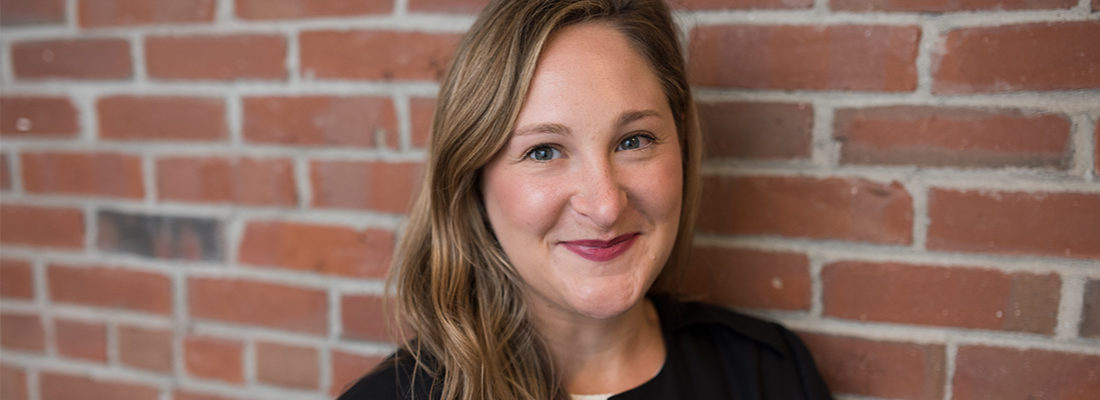You’ve seen the signs. Maybe you’ve even posted them if your company is open to the public. “No Mask, No Service” postings are showing up more frequently throughout Maine and around the country. So, what are your rights as a business to post such a notice?
In Maine, the Executive Order is controlling and has the same full force and effect as any Maine law.
While there is currently no federal mandate requiring individuals to wear facemasks in public, Governor Mills’ Executive Order stated that:
Retail stores with over 50,000 square feet of shopping space (as defined in Executive Order 28-A-2 FY 19/20), eating establishments, bars, tasting rooms, and lodging operations and accommodations (as defined in Executive Order 57 FY 19/20) located in the Counties of Cumberland, Hancock, Knox, Lincoln, Sagadahoc, Waldo and York, or in the Municipalities of Auburn, Augusta, Bangor, Brewer, and Lewiston shall implement measures requiring customers to wear face coverings. Such measures may, for example, include denial of entry or service. The establishment’s responsibility under this section is in addition to compliance with all applicable Executive Orders, State of Maine guidance and the Restarting Maine’s Economy COVID-19 Prevention Checklists, including the use of signage stating that face coverings are required.
A listing of all of Governor Mills’ Executive Orders is available HERE.
There you have it. Places open to the public in Maine may lawfully deny service to individuals not wearing masks, and can also hang the “No Mask, No Service” sign and enforce it with some exceptions.
Maine does provide for limited exceptions to the rule requiring masks be worn in public.
An earlier Executive Order issued by the Governor creates the following exemptions from the requirement to wear a mask in public:
Cloth face coverings are not required for children under age 2, a child in a child care setting, or for anyone who has trouble breathing or related medical conditions, or who is otherwise unable to remove the mask without assistance. A person who cannot wear a cloth face covering because of a medical condition is not required to produce medical documentation of the condition . . .
So, if someone comes into or calls your business and says, “I cannot wear a mask because I have a medical condition that prevents me from wearing one.” What should you do? The Americans with Disabilities Act (ADA) and the Maine Human Rights Act (MHRA) require that places of public accommodation at least consider reasonable modifications to their rules and procedures in order to accommodate individuals with disabilities. This means that you are legally required to at least brainstorm other ways that the individual who cannot wear a mask can otherwise reasonably access your place of business or the services you provide. Here are a few examples of reasonable modifications:
- Offering delivery service or curbside pickup;
- Allowing the person to wear a face shield;
- Providing some or all of your services online or over video-conference;
- Allowing customers to pre-book appointments for further out in 2020 or 2021 when/if the mask requirement is lifted; or
- Having a person wait in the car before an appointment.
These are just a few examples. Each situation is specific to a particular person and company, so you are encouraged to reach out to your legal counsel should an issue like this arise.
Ultimately, a place of public accommodation is not required to accommodate an individual with a disability if doing so will harm the company’s ability to safely provide goods or services. Guidance from the federal Centers for Disease Control (CDC) has clarified and confirmed that allowing unmasked members of the public into businesses open to the public, indeed creates a health and safety risk. Additionally, the CDC guidance is clear that wearing cloth face coverings may significantly reduce the incidence of COVID-19 transmission.
The bottom line is this: If after discussing several reasonable modifications that can be made in order to accommodate someone whose disability prevents them from wearing a mask, and those options are not workable or have been refused by the individual, a company may still lawfully deny service or entry. The law does not require that you put the health and safety of the public and your employees above a request for an accommodation.
Arguments about “constitutionality” are nonstarters.
Here is a quick note regarding people who are claiming that they cannot or will not wear masks, not due to a disability, but because it violates their civil liberties. This is not a valid reason to refuse to wear a mask. “Unconstitutionality” is not a legitimate challenge to compliance with the ADA or the MHRA. In fact, in one of the first court cases regarding this issue, a court in Florida recently ruled that someone who makes the argument that requiring people to wear a mask in public violates the Constitution is “unlikely to succeed” on that argument. The Department of Justice has also issued several news bulletins warning that people may be using fraudulent “flyers” to seek exemptions from the mask laws under the guise of the ADA.
Nevertheless, if someone enters your establishment and attempts to make this argument, the name of the game is de-escalation. You are urged to contact legal counsel should this issue arise.
This article is not legal advice but should be considered as general guidance in the area of employment and corporate law. Amy Dieterich, Jordan Payne Hay, and James F. Pross are employment and labor law attorneys; others at the firm handle business and other matters. Since 1853, Skelton Taintor & Abbott has provided a full range of high-quality legal services to the individuals, companies, and municipalities of Maine. The firm’s main office is located in Auburn and in January 2019, a mid-coast office was opened in Waldoboro.
